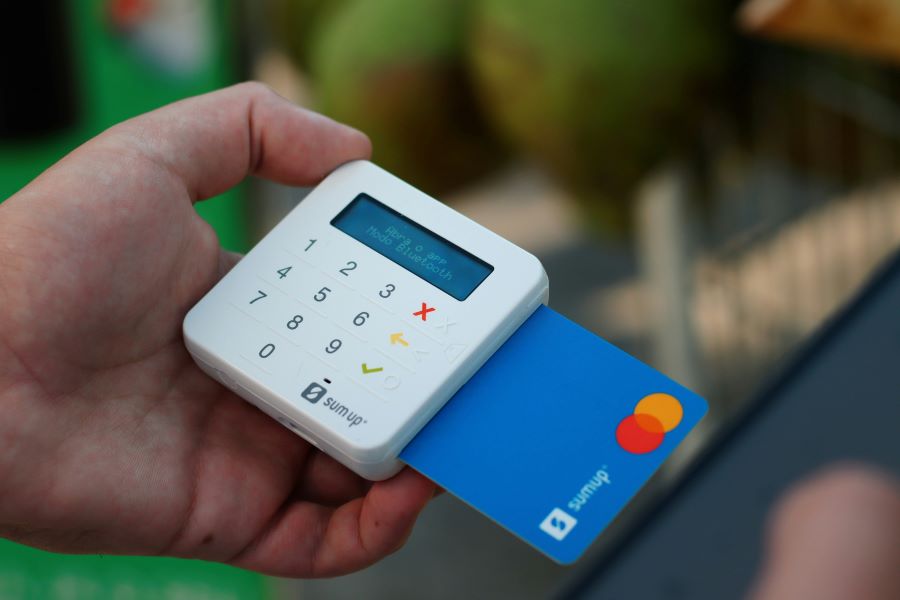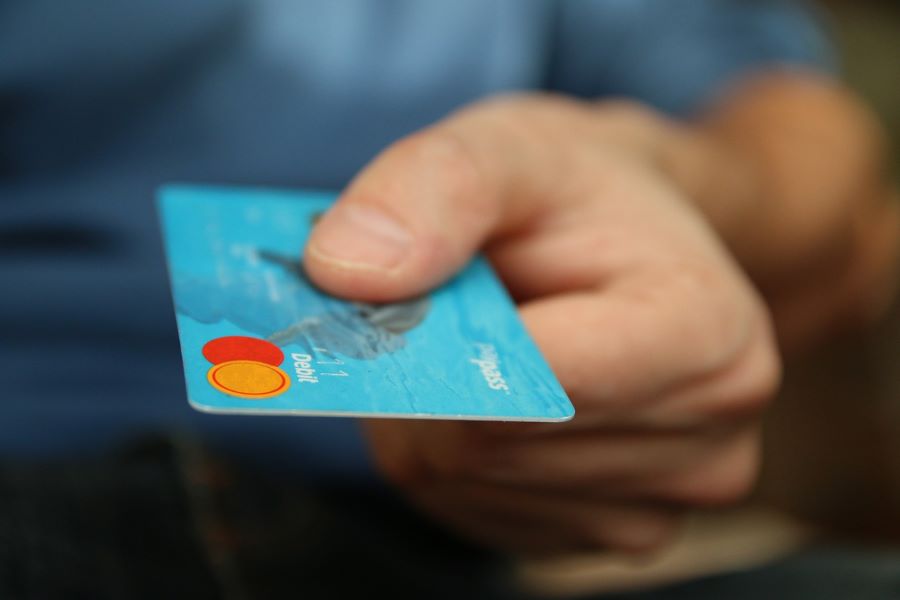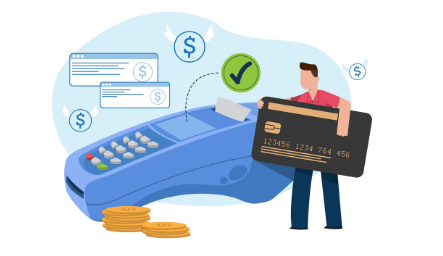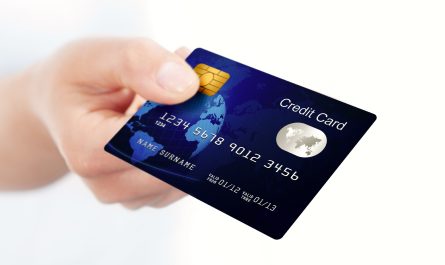As we delve into the world of finance, one tool that often becomes integral to our daily transactions is the credit card. But how does a credit card work? In essence, a credit card allows us to borrow money up to a certain limit to make purchases or withdraw cash. Every time we use our credit card, we’re borrowing money that we commit to pay back. The lender, typically a bank, grants us a line of credit, allowing us to borrow or spend up to a certain limit. We then repay this money, either in full or in parts, by a specific date. If we fail to meet this deadline, additional charges, such as interest and late fees, come into play. Understanding the credit card process is vital to managing our finances effectively and avoiding potential pitfalls.
Understanding the Basic Functioning of a Credit Card
When we use a credit card, we’re essentially borrowing money from the credit card issuer to make a purchase. This borrowed money must then be repaid, either in full or over time, with interest charges.
Also Read: How To Use HDFC Bank Credit Card Reward Points
The Process of Making a Purchase with a Credit Card
Purchasing with a credit card is relatively straightforward. We present our card at the point of sale, the merchant processes it, and the transaction amount is added to our card balance. This amount is part of what we owe to the credit card issuer.
Interest Rates and Credit Card Bills: How They Work
If we don’t pay off our credit card balance in full each month, we’ll be charged interest on the remaining balance. This interest is calculated based on the card’s annual percentage rate (APR).
Credit Card Limit: What it Means and How it is Determined
Our credit card limit is the maximum amount we can borrow on the card. This limit is determined by the credit card issuer, based on factors such as our income and credit history. In the case of the Airtel Axis Bank Credit Card, the maximum credit limit is up to ₹5,00,000.
How Minimum Payments and Full Payments Work
Each month, we receive a credit card bill outlining our total balance and a minimum payment amount. Paying only the minimum can lead to additional interest charges, while paying the balance in full helps avoid these charges.
The Role of Credit Cards in Building Credit Scores
Responsible credit card usage can help us build a positive credit history. Regular, on-time payments and keeping our balance low can improve our credit score.
Understanding the Fees and Charges Associated with Credit Cards
Credit cards can come with various fees, including annual fees, late payment fees, and cash advance fees. It’s essential we understand these charges to avoid unnecessary costs.
Also Read: How To Redeem Reward Points of SBI Credit Card?
The Process of Applying for a Credit Card
Applying for a credit card involves providing personal and financial information to the card issuer. They use this information to assess our creditworthiness and determine our credit limit and APR.
You can apply for the Airtel Axis Bank Credit Card using the below-mentioned steps-
- Download the Airtel Thanks app
- Visit the Shop section within the app
- Choose Airtel Finance
- Click on the Credit Card button
- Select Apply Now
- Fill up the application details as requested
- Complete your digital KYC
- The Airtel Axis Bank Credit Card will be delivered to you in 5-7 business days
Tips for Using a Credit Card Responsibly
To use a credit card responsibly, it’s essential to track our spending, pay our bills on time, and understand our card’s terms and conditions.
Conclusion: Maximising the Benefits of a Credit Card.
Understanding how a credit card works can help us maximise its benefits and avoid pitfalls. With responsible use, a credit card can be a valuable tool for managing our finances.
Also Read: What Is A Prepaid Credit Card?
FAQs:
Q: What is a credit card?
A: A credit card is a financial tool issued by financial institutions, which allows us to borrow funds up to a certain limit to pay for goods or services. This borrowed money must be paid back within a stipulated period, and if not paid in full, interest is charged on the outstanding amount.
Q: How does interest on a credit card work?
A: Interest on a credit card is essentially the cost of borrowing money. When we don’t pay off our credit card balance in full each month, we’re charged interest on the remaining balance. This interest is calculated based on the annual percentage rate (APR) that varies from one card issuer to another.
Q: What is a credit card limit?
A: A credit card limit, also known as credit limit, is the maximum amount of credit that a financial institution extends to us. This limit depends on various factors, including our income level, credit history, and credit score. It’s crucial to ensure that we don’t exceed this limit to avoid fees and protect our credit score.
Q: How can I use a credit card responsibly?
A: Responsible credit card usage involves several practices. These include tracking our spending to ensure we don’t exceed our credit limit, paying our bills on time to avoid late payment charges and interest, and understanding our card’s terms and conditions, including the interest rates and fees. It’s also advisable to keep our credit utilisation ratio – the percentage of our credit limit we’re using – below 30%.
Q: How can a credit card affect my credit score?
A: Our credit card usage can have a significant impact on our credit score. Consistent, timely payments can help improve our credit score as it demonstrates to lenders that we’re reliable and can manage debt effectively. On the other hand, late payments, high balances, and exceeding our credit limit can have a negative impact, lowering our credit score.




